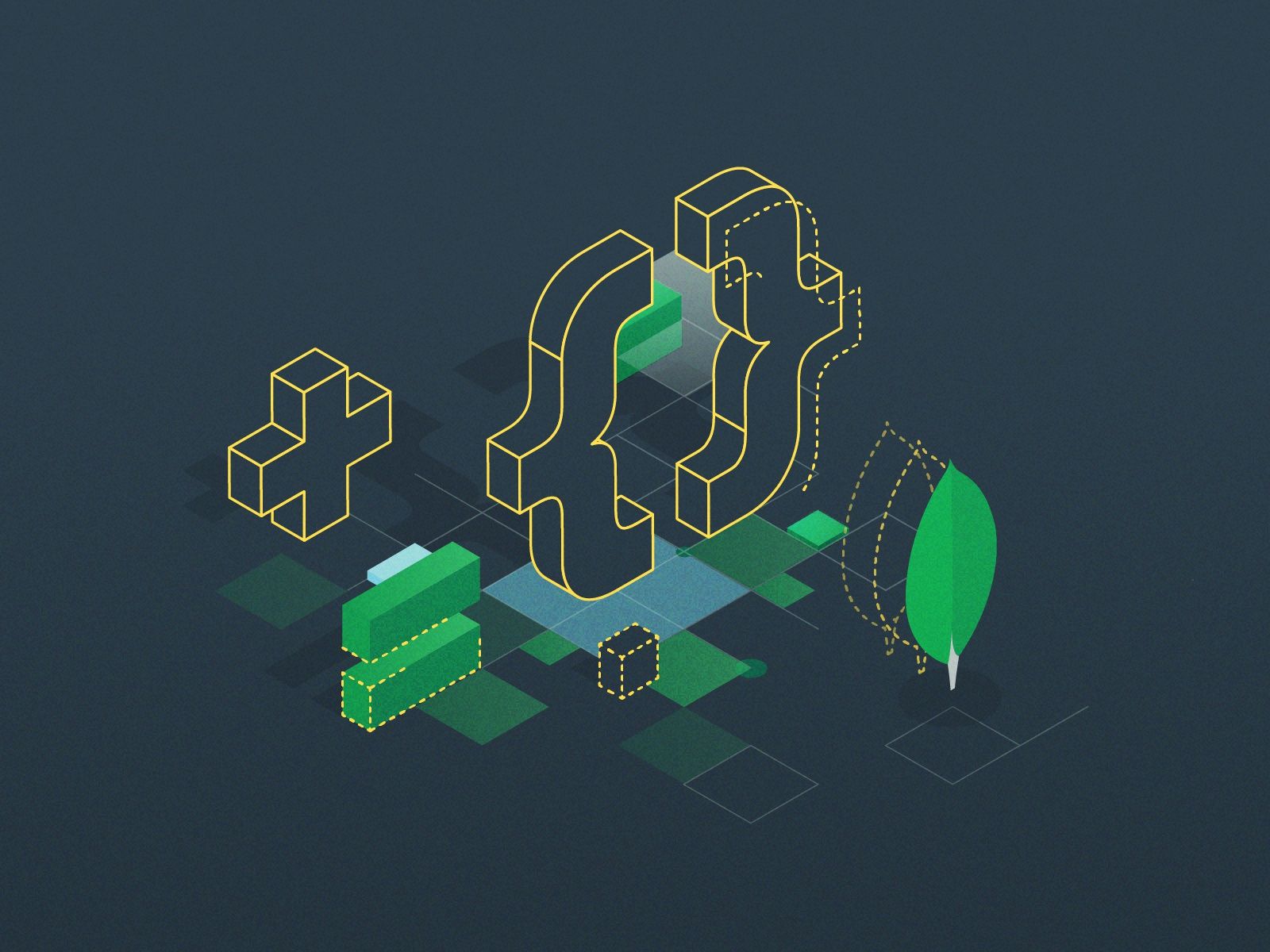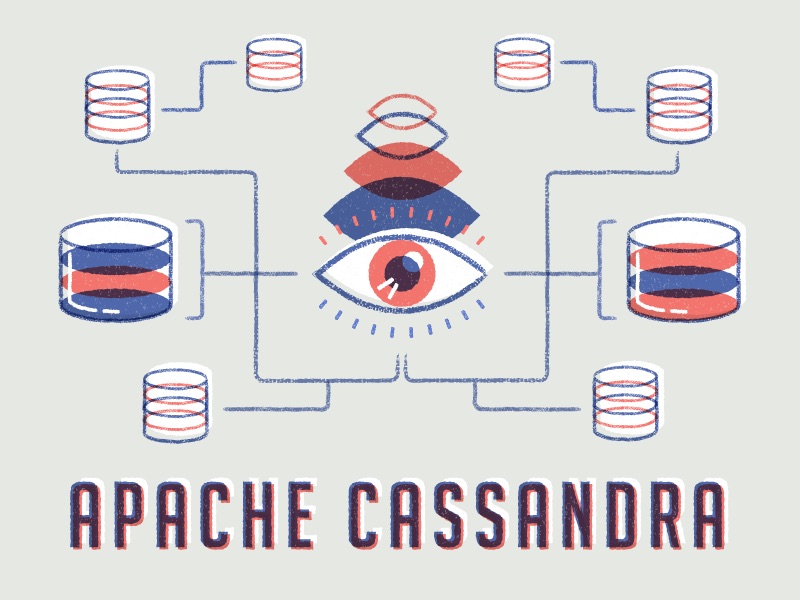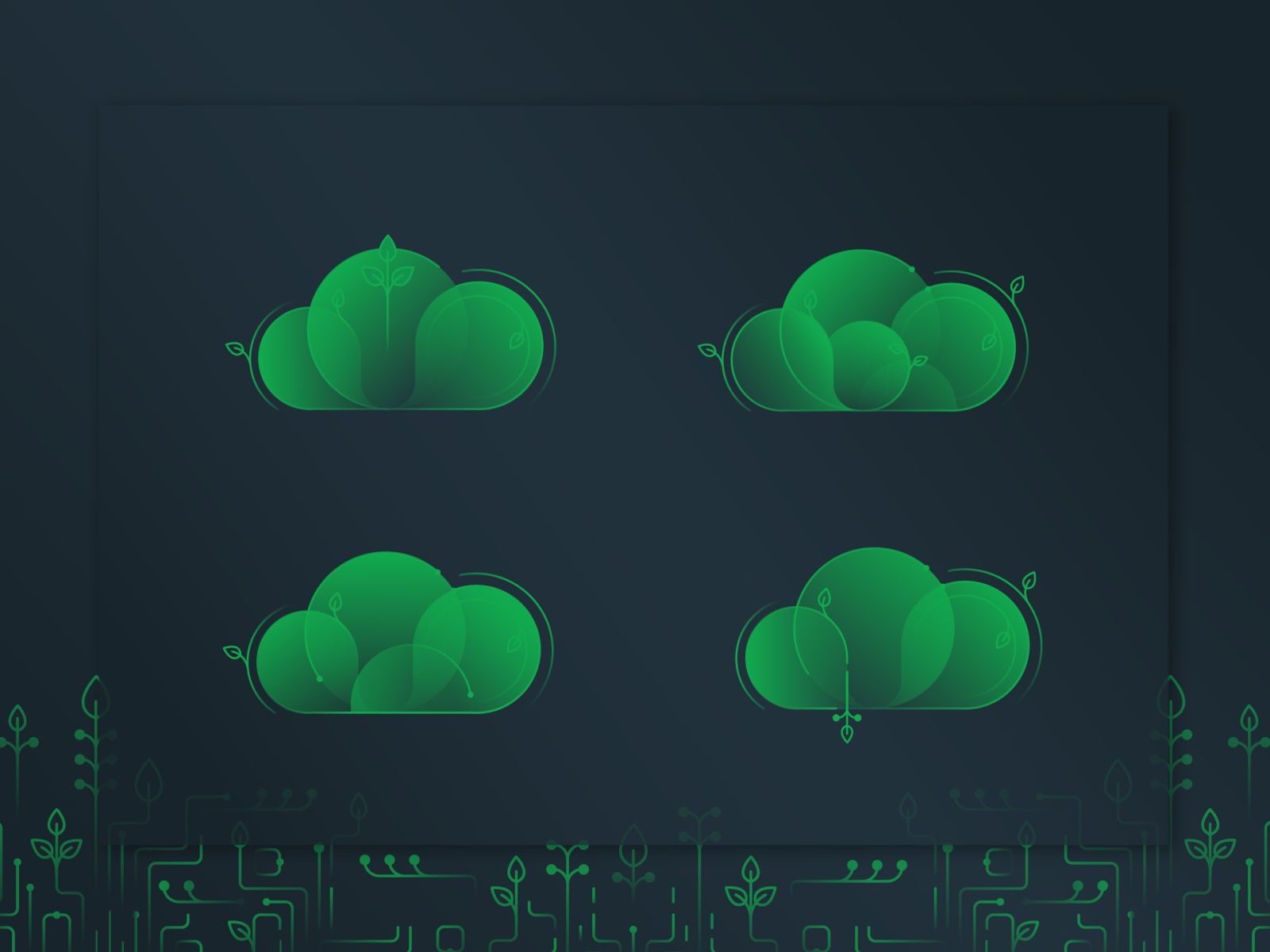Application developers spend a lot of time comparing multiple operational databases to choose the one that best suits their workload. Their needs may include simplified data modeling, transactional guarantees, read/write performance, horizontal scaling, and fault tolerance.
Traditionally, the choice starts with the database, SQL, or NoSQL category. If you stop your choice on a NoSQL solution, the question about MongoDB vs. Cassandra will appear. Though both products have some similarities, they are still different. Let’s compare these two database systems for you to identify your best solution.
Although there are many NoSQL databases on the market, various industry trends indicate that MongoDB and Apache Cassandra are the leading ones today.
These NoSQL databases use a variety of data models to access and manage data. They work great for many modern applications, such as mobile, gaming, and Internet applications. You get flexible, scalable databases with high performance and broad functionality that can provide maximum usability.
It is time to run through Cassandra versus MongoDB’s topic to see each one’s strengths and weaknesses. Let’s go.

Cassandra vs. MongoDB: A Brief Overview
What is MongoDB
MongoDB is a cross-platform, document-oriented database that provides high performance, high availability, and easy scaling. MongoDB is working on a collection and document concept. The system is written in the C ++, C, and JavaScript programming languages. The MongoDB database system works conveniently on the following operating systems: Windows Vista and later, Linux, OS X 10.7 and later, Solaris, and FreeBSD.
When dealing with BigData, this is an excellent solution with the following strengths:
- The lack of a schema.
- This database is based on collections of various documents. The number of fields, content, and size of these documents may differ. In other words, different entities should not be identical in structure.
- The system has an extremely clear structure of each object.
- Easily scalable.
- Internal memory is used to store the currently used data, which allows a faster access.
- Data is stored as JSON documents.
- MongoDB supports dynamic document queries (document-based queries).
- No complex JOIN queries.
- There is no need to map application objects to database objects.
 What is MongoDB
What is MongoDB
What is Cassandra
Apache Cassandra is a free non-relational fault-tolerant database solution to create a highly scalable and reliable storage of huge data sets. The project was developed in Java by Facebook Corporation in 2008 and transferred to the Apache Software Foundation in 2009. This system is a hybrid NoSQL solution because it combines the data storage model based on the ColumnFamily with the key-value concept.
Here is a list of the most significant advantages of Cassandra:
- This system allows us to have a response time in milliseconds, which is less than 10 ms.
- From the recording point of view, high scalability is achieved. In Cassandra, you can write at a crazy speed. In some situations, this is necessary, for example, when we move large amounts of data between records.
- Cassandra is fault-tolerant. The fall of one node does not lead to problems in the same second, but they will start sooner or later.
- Simplicity. Still, compared to other standard relational databases, Cassandra is easier to understand and work with.
 What is Cassandra?
What is Cassandra?
Let’s look at MongoDB vs. Cassandra, comparing the features in the table below.
| Features | MongoDB | Cassandra |
|---|---|---|
| Website | www.mongodb.com | cassandra.apache.org |
| Release date | 2009 | 2008 |
| Developer | MongoDB, Inc | The Apache Software Foundation |
| License | This is an open-source NoSQL database licensed under ApacheLicense. | This is an open-source NoSQL database developed by Apache Open Source Projects. |
| Pricing | Free/open-source and depends on implementation. Also, it offers different licensed versions | Free/open-source and depends on implementation. |
| Environment | Developed by MongoDB Inc. and supports cross-platform systems. | Provided by Apache projects and useful for distributed environments. |
| Supported operating systems | Linux, OS X, Solaris, Windows. | BSD, Linux, OS X, Windows. |
| Supported programming languages | Actionscript, C, C#, C++, Clojure, ColdFusion, D, Dart, Delphi, Erlang, Go, Groovy, Haskell, Java, JavaScript, Lisp, Lua, MatLab, Perl, PHP, PowerShell, Prolog, Python, R, Ruby, Scala, Smalltalk. | C#, C++, Clojure, Erlang, Go, Haskell, Java, JavaScript, Perl, PHP, Python, Ruby, Scala. |
| Ease of use | Fairly easy to use. | Fairly easy to use. |
| Performance | The system provides faster query execution performance due to a simple schema. | The system provides high-scalable and linear performance. |
| Scalability | Writing scalability is limited. | High scalability. |
| Speed | In terms of reading operations, MongoDB is not faster than Cassandra. | Faster for queries of smaller scripts. |
| Schema | It does not require a schema. | It facilitates static typing and demands the categorization and definition of columns beforehand. |
| Query language support | There is no support for a query language. | CQL query language. |
| High availability | A single master model is supported only. | A multiple master model is supported. |
| Native aggregation | A built-in aggregation framework. | No built-in aggregation framework. External tools like Hadoop, Spark are used for this. |
| Secondary indexes | Secondary indexes are a first-class construct in MongoDB. | Only cursory support for secondary indexes is available |
| Expressive object model | The system supports a rich and expressive object model. | The system offers a fairly traditional table structure with rows and columns. |
| Support | MongoDB has enterprise-grade support that provides 24 x 7 support along with the option for extended lifecycle support. Getting support from MongoDB gives you unlimited access to security fixes and updates. | Support for Cassandra comes from third-party companies like Datastax, URImagination, Impetus, and more. |
| Active community | The MongoDB community offers information about webinars, events, user groups, and MongoDB University. | Apache Software Foundation offers a community site with a mailing list, IRC, along with links to books and publications. This information can be found at http://cassandra.apache.org/community/. |
| Documentation | docs.mongodb.com/manual | cassandra.apache.org/doc/latest |
What Companies Use MongoDB and Cassandra
Both database solutions are flexible enough to fit any business.
Cassandra is used by:
- AppScale. AppScale is an open-source computing platform designed to deploy Google App Engine applications in public clouds, private clouds, and on-premises clusters.
- Constant Contact. Constant Contact is the perfect email marketing platform, which has high performance in all review sections.
- Digg. Digg is a news website that does not have hierarchical control. Users post stories and news on the site, and users themselves decide whether the information will get to the site’s main page.
- Facebook. This social network is one of the top 5 most visited websites in the world.
- IBM. IBM is one of the world’s largest manufacturers and suppliers of hardware and software. The company has been around for more than a hundred years, and throughout this period, it has led the way in technological progress.
- Instagram. Instagram is one of the most popular social networks that allows you to post your own images and videos, share images and videos, and edit content.
- Spotify. Spotify is a Swedish music service available in almost 120 countries.
- Netflix. Netflix is one of the most popular streaming video services globally.
- Reddit. Reddit is one of the largest social news platforms in the world, where registered users can post links to any information they like on the Internet.
MongoDB is used by:
- Google. Google is a well-known multinational company that specializes in Internet-related services and products.
- UPS. UPS is an American international package delivery and supply chain management company.
- Cisco. This brand belongs to the well-known IT Corporation Cisco Systems from the United States. Network routers, wireless devices, and video surveillance systems are produced all over the world.
- eBay. eBay is the largest auction in the world.
- BOSCH. This German brand produces various household appliances for the home and kitchen.
- Forbes. Forbes is the name of a popular magazine published in most developed countries in the world. Its credibility is the result of many working years in the business media market.
- GAP. The world-famous American brand GAP produces clothing, shoes, underwear, and accessories in casual style for men, women, and children.
- PayPal. PayPal is a financial service provider that makes free money transfers and payments for online purchases possible.
 MongoDB and Cassandra
MongoDB and Cassandra
Are you impressed with these big names? They all use MongoDB and Cassandra.
Which Database is the Best for Your Project
Above, we have checked the difference between MongoDB and Cassandra.
Choose Cassandra if you run your business in real-time analytics, eCommerce, fraud detection, music catalogs, online courses, and streaming data. MongoDB is better for content management systems and mobile areas. If you have no clear schema definition, MongoDB will be the right solution for your project. Replication is in-built, but you may need some assistance in getting it set up. Moreover, you will also have to learn a new query language.
Cassandra is your perfect choice if you are interested in an easy setup, have structured/unstructured data, and expect your database’s rapid growth. Cassandra offers scaling with minimal administration and high reliability.
While MongoDB rightfully gets credit for simple finished work, Cassandra receives full credit for management ease at scale.
Hopefully, now you have a better understanding of MongoDB and Cassandra database systems. Evaluate the needs of your project and choose the database accordingly.
If you have any difficulties in terms of Cassandra MongoDB comparison, we here at Fulcrum are always ready to assist you in making the right decision. Our philosophy is to build a product that will move the world. Contact us, and let’s settle all the questions and get to work.

MongoDB vs. Cassandra FAQ
-
When to use Cassandra?Choose Cassandra if you are looking for the ability to scale and reliability. The system is easy to set up and handles replication with minimal configuration. Cassandra is excellent for web or mobile applications and projects with complex analytics and real-time analysis for geographically distributed BigData systems.
-
Is Cassandra NoSQL?Apache Cassandra is a NoSQL database that delivers continuous availability, high performance, and linear scalability.
-
When not to use Cassandra?Cassandra is based on a NoSQL database and does not provide ACID or relational data properties. Cassandra is not the right choice if you have strict requirements for ACID properties and need a rich data model and flexibility in the schema.


